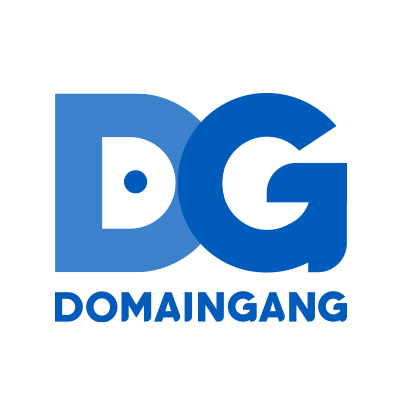YOUR AD HERE
Andrew Allemann 1 Comment June 5, 2024
Organization wants to eliminate private auctions in next round of new top level domain name expansion.
 How contention sets will be resolved in the next round of new TLDs.
How contention sets will be resolved in the next round of new TLDs.In the 2012 round of new top level domain name expansion, ICANN encouraged parties that applied for the same string to work it out amongst themselves.
Not this time.
ICANN is working overtime to find a way to avoid this sort of private resolution to contention sets in the next round of top level domain names, apparently believing that private contention sets give applicants a reason to apply for domains they aren’t interested in running solely to get a payoff.
The challenge is finding a way to allow applicants to enter into legitimate joint ventures with each other while not allowing parties to profit from their application alone.
It’s a tricky challenge, and one that is sure to be full of loopholes.
ICANN commissioned a report (pdf) by economic firm NERA to walk it through its options.
NERA proposes three models:
1. Auctions. Applicants in contention must resolve contention using auctions (of last resort). Pre-application joint ventures are allowed, but post-application coordination and communication are discouraged.
2. Formal process to support JV formation. This process envisages a series of formal stages within ICANN’s application and resolution process in which applicants in contention may form and register joint ventures as the only means of private resolution.
3. Imposition of fees for private resolutions. Applicants in contention who use private resolution are required to pay a fee. Furthermore, joint ventures are the only acceptable private resolution method. These fees make it more likely that applicants will opt for the auction instead of private resolution.
Each model has challenges.
Does ICANN really want to dictate the terms of “legitimate” joint ventures? How can it prevent side deals?
After reading the report, I wonder if registries could take advantage of the joint venture idea to gain new clients. A registry could apply for a string, then consent to a joint venture with another applicant if they use the registry as their back end (and perhaps pay a bit of cash for equity).
The report notes:
Joint ventures need to satisfy minimum criteria to be considered good-faith and have the possibility to make monetary side payments. The minimum criteria may involve at least two partners in contention, each with a minimum share. Most joint ventures will likely involve the definition of shares in the joint venture that will participate in the ALR [auction] and operate the gTLD. This will likely reduce the use of monetary means of compensation. However, it would be necessary to allow side payments to promote good faith joint ventures. For example, two partners may prefer compensating an applicant for withdrawing its application rather than including it in the joint venture.
Sounds messy.
If there’s one thing I know about domain name companies, it’s that they’re adept at finding ways to make things work to their advantage despite ICANN’s best wishes.
The idea of allowing private resolution (usually private auctions) but charging companies for doing so is interesting. ICANN would have to charge a stiff penalty, likely the majority of proceeds, to incentivize companies to consider ICANN’s auction of last resort instead. After all, the goal is to make ICANN auctions the primary option.
ICANN could force companies to participate in its own auction. To prevent cheating, it could take legal action against parties that collude. But does ICANN really want to get involved in that?
It begs the question, what was so wrong with the model last time?
The criticism was that parties might have applied for strings only to get a payoff. I don’t think that happened last time; while parties might have expected a payoff on some of their strings, their best-case scenario was to get to operate the string, not lose it.
The next round might be different, though. Watching companies get paid millions of dollars to give up a string creates an interesting business model.
Maybe these contention sets should be settled with a game of digital archery.
About Andrew Allemann
Andrew Allemann has been registering domains for over 25 years and publishing Domain Name Wire since 2005. He has been quoted about his expertise in domain names by The Wall Street Journal, New York Times, and NPR. Connect with Andrew: LinkedIn - Twitter/X - Facebook
Get Our Newsletter
Stay up-to-date with the latest analysis and news about the domain name industry by joining our mailing list.
No spam, unsubscribe anytime.
 1 year ago
58
1 year ago
58







 English (US) ·
English (US) ·